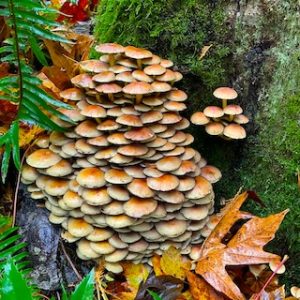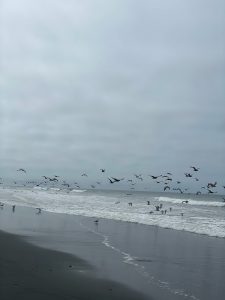 The Columbia City Yoga on-line Moving into Meditation class met this morning. We explored how “to attend to what is while stretching to what can be.” How we attend is vital to responding to with compassionate action. We can come alongside each other in courage and en-couragement. We begin with this moment: a pause to breathe and feel.
The Columbia City Yoga on-line Moving into Meditation class met this morning. We explored how “to attend to what is while stretching to what can be.” How we attend is vital to responding to with compassionate action. We can come alongside each other in courage and en-couragement. We begin with this moment: a pause to breathe and feel.
We heard from John Paul Lederach’s recent Upaya Dharma talk: A Call to Hearten: Let Tender Tenacity Walk with Fierce Compassion. John Paul is professor emeritus of International Peacebuilding at the University of Notre Dame. He is a pioneer in conflict transformation. He’s been involved in conciliation work in Columbia, the Philippines, Nepal and various African countries.
We drew from Oren Jay Sofer’s book: Your Heart Was Made for This: Contemplative Practices for Meeting a World in Crisis with Courage, Integrity, and Love.



